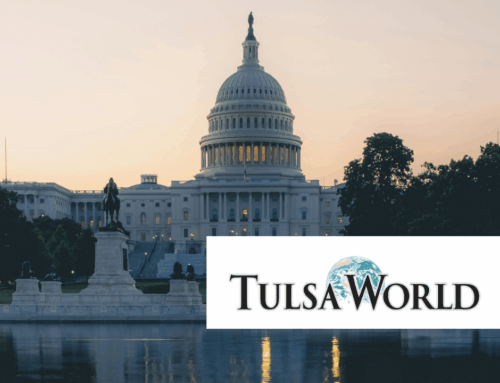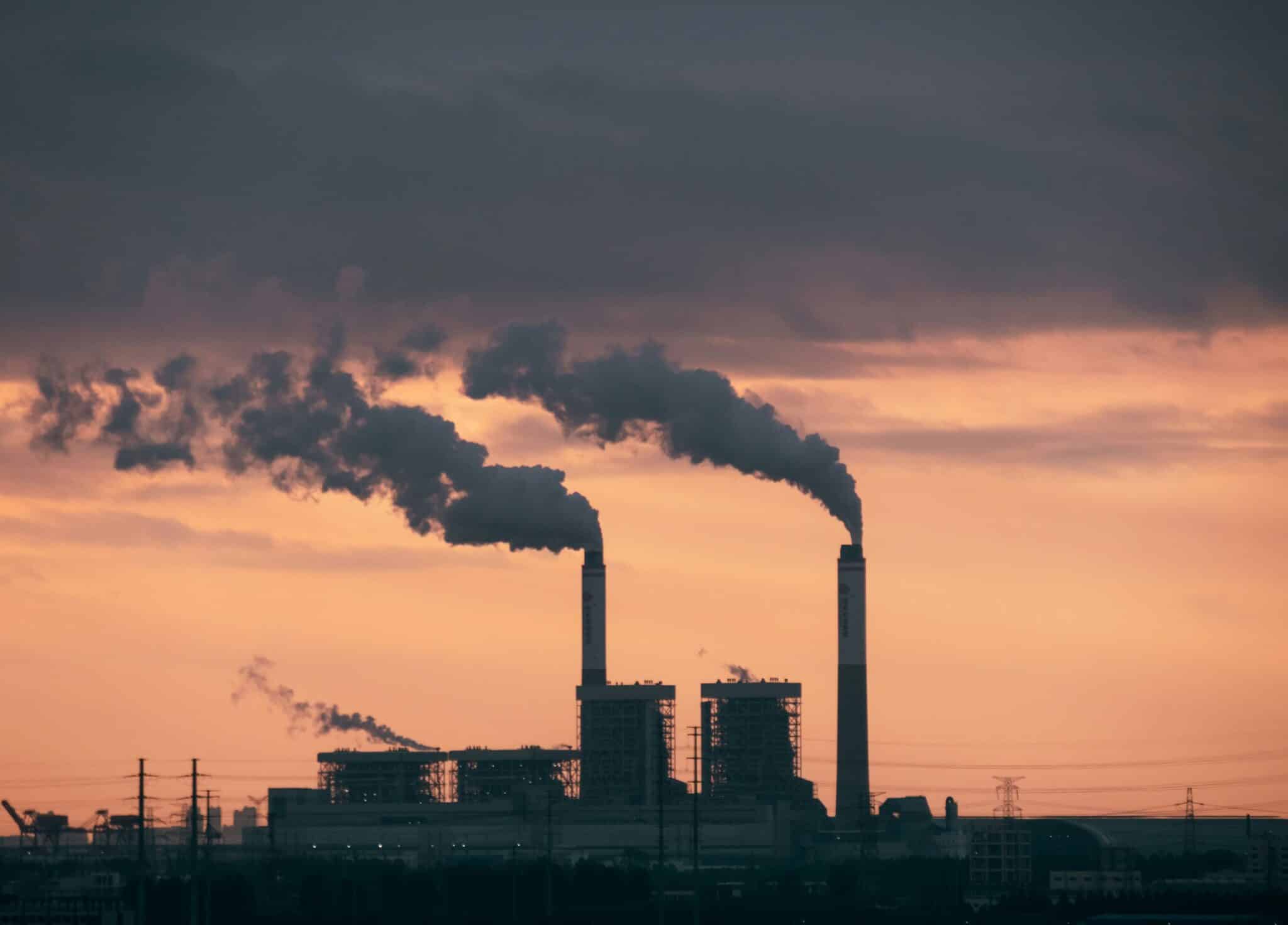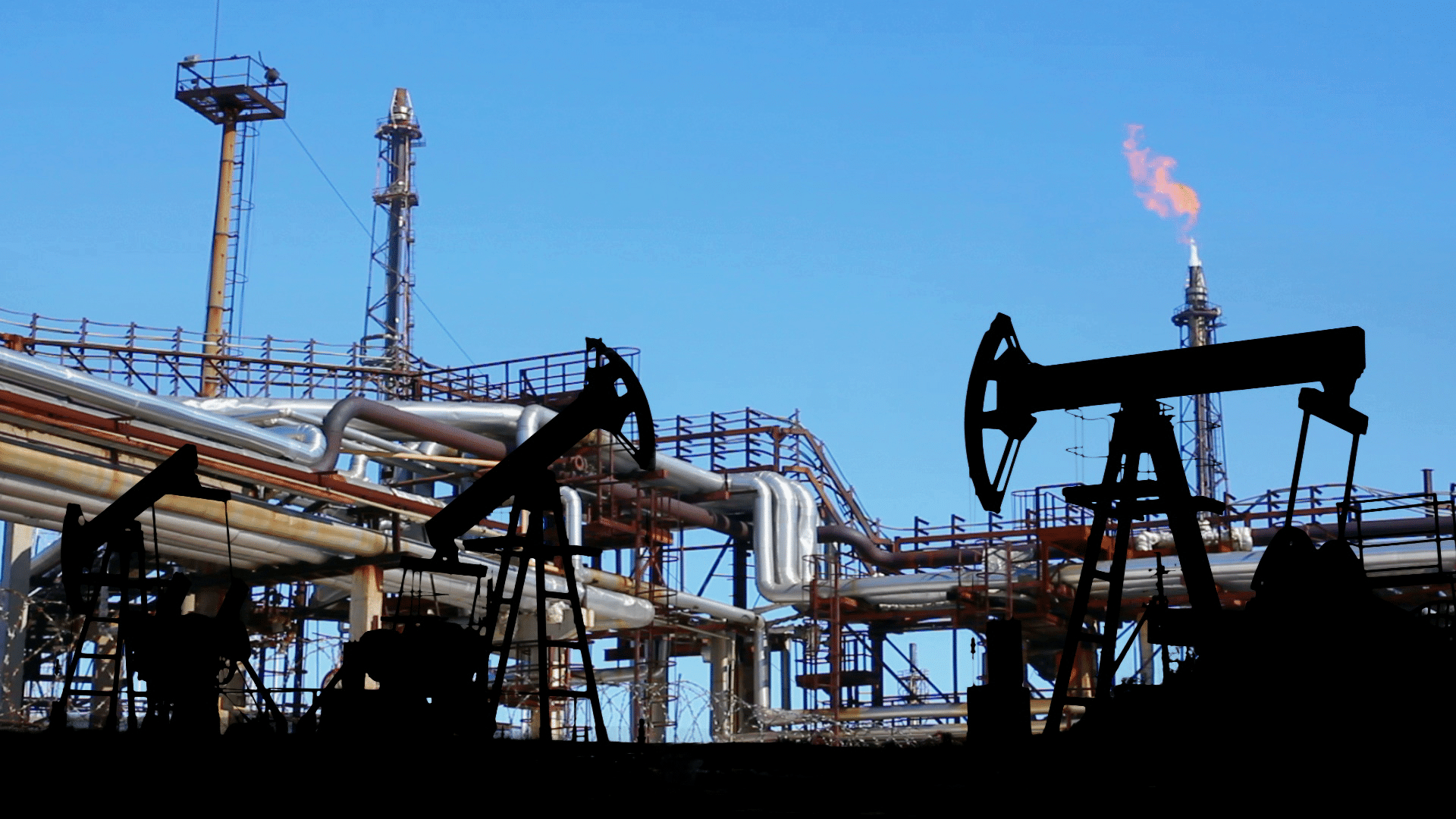“Stop Corporate Welfare!” is the rallying cry of a new odd couple coalition of taxpayer, environmental, consumer and free market groups who joined with Rep. John Kasich (R-OH) today at a Capitol Hill press conference. The coalition released a hit list of twelve corporate welfare programs they will target for elimination.
The “Stop Corporate Welfare Coaliti.png” brings together groups from all points of the political spectrum to cut government handouts to profitable corporations and businesses. The coalition includes the unlikely alliance of: Taxpayers for Common $ense, Friends of the Earth, U.S. Public Interest Research Group, Citizens for a Sound Economy, Public Citizen, Citizens Against Government Waste, Competitive Enterprise Institute, National Taxpayers Union and Americans for Tax Reform.
The hit list identifies 12 opportunities for large savings over a period of five years or the life of the program:
* Rural Utility Service (RUS) Electricity and Telephone Loan Program — $190 million to rural cooperatives that no longer need assistance;
* Market Access Program — $347 million to help U.S. agricultural exporters, including Hershey and Campbell Soup companies, promote their products overseas;
* Animas-La Plata Project — $432 million to irrigate low-value crops on corporate farms;
* Pyroprocessing Program — $100 million to reprocesses nuclear fuel when burial is a cheaper and ready alternative;
* Appalachian Regional Commission (ARC) Road Program — $500 million for duplicative planning for highway construction;
* Fossil Energy Research and Development Program — $1.37 billion in the first year for applied energy technologies the private sector already develops on its own;
* Timber Road building in National Forests — $100 million to “rebate” timber companies for cutting new roads;
* Clean Coal Technology Program — $500 million for pollution abatement technologies that companies are developing anyway;
* Overseas Private Investment Corporation –$281 million to insure profitable investors overseas at taxpayers’ risk;
* IMF General Agreements to Borrow –$3.5 billion to support loans that harm economies and environments in developing countries;
* IMF Enhanced Structural Adjustment Facility (ESAF) — $150 million for an ineffective loan program to alleviate poverty in the world’s poorest countries;
* Highway Demonstration Projects — $4 billion for more than 500 unneeded and destructive roads.










